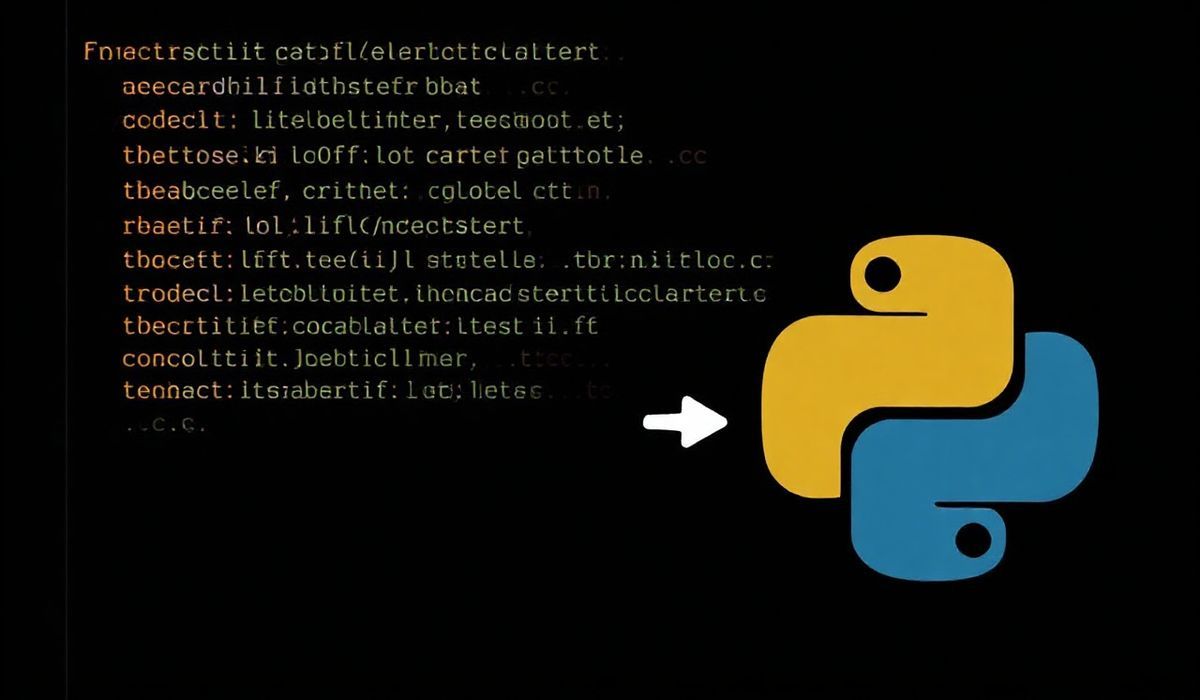Unlocking the Power of Charset Normalizer in Python
Charset Normalizer is a robust library designed to detect and normalize character encodings in Python. With the explosion of globalized data, text encoding issues are increasingly common. Charset Normalizer simplifies the process of detecting and correcting incompatible encodings, making your application more versatile and robust. In this guide, we will explore a wide range of APIs and demonstrate their implementation through various examples.
Why Use Charset Normalizer?
Inconsistent or incorrect encodings can lead to garbled text or application crashes. Charset Normalizer allows developers to handle multiple encodings seamlessly by determining the most suitable encoding and ensuring data consistency without introducing errors.
Installation
Install Charset Normalizer with pip:
pip install charset-normalizer
Core APIs of Charset Normalizer
1. from_bytes
This function is used to detect encoding from raw bytes.
from charset_normalizer import from_bytes raw_data = b'\xe2\x9c\x93 Valid UTF-8' result = from_bytes(raw_data) print(result.best().encoding) # Output: 'utf_8' print(result.best().decoded) # Output: '✓ Valid UTF-8'
2. from_path
Use this method to detect encoding from a file path.
from charset_normalizer import from_path
result = from_path('sample.txt')
print(result.best().encoding)
print(result.best().decoded)
3. normalize
Convert file encoding to a specific standardized format.
from charset_normalizer import from_path
result = from_path('legacy_file.txt')
with open('standardized_file.txt', 'w', encoding='utf-8') as f:
f.write(result.best().decoded)
4. detect
Perform a quick detection from a byte sequence, dictionary-style output.
from charset_normalizer import detect
data = b'\xe2\x82\xac and more text'
print(detect(data)) # Output: {'encoding': 'utf-8', 'confidence': 0.99}
Real-World App Example
Let’s create a tool to read text files and normalize their encoding format to UTF-8 for downstream processing.
import os
from charset_normalizer import from_path
def normalize_files_in_directory(directory_path):
for filename in os.listdir(directory_path):
if filename.endswith('.txt'): # Process only text files
filepath = os.path.join(directory_path, filename)
result = from_path(filepath)
if result.best():
normalized_file = f"normalized_{filename}"
with open(normalized_file, 'w', encoding='utf-8') as f:
f.write(result.best().decoded)
print(f"Normalized {filename} to UTF-8")
else:
print(f"Failed to normalize {filename}")
normalize_files_in_directory('/path/to/your/directory')
Benefits of Charset Normalizer
- High accuracy in encoding detection.
- Easy to use and integrates seamlessly into Python projects.
- Improves global adaptability of applications by handling non-UTF-8 data effortlessly.
Conclusion
Charset Normalizer is an essential tool for developers dealing with text data in multiple encodings. By integrating Charset Normalizer into your Python projects, you can avoid encoding-related issues and ensure smooth text handling across different languages and formats. Try out the examples above and witness the power of Charset Normalizer in action!




